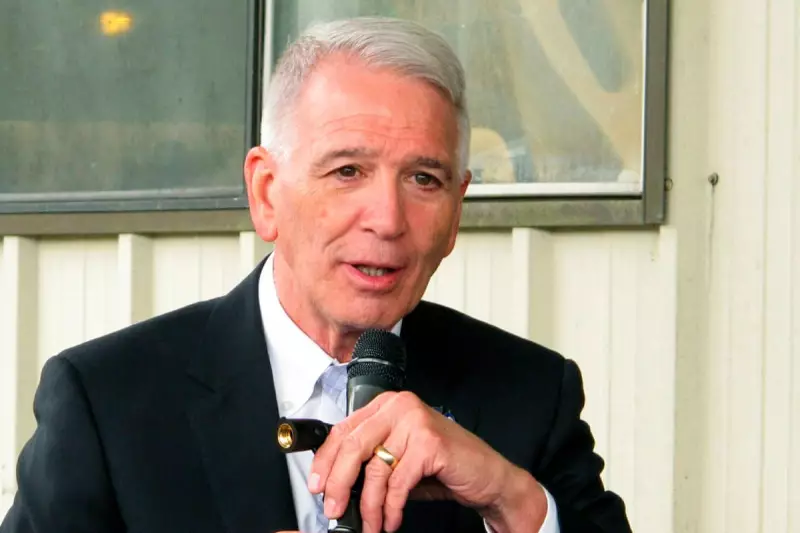
Vaccine Sceptic Given Key Role in US Health Leadership
In a move that has alarmed public health experts, Ralph Abraham, a Louisiana health official who has described Covid-19 vaccines as "dangerous", has been appointed as deputy director of the Centers for Disease Control and Prevention (CDC).
The controversial appointment, which took effect this week, was confirmed to the Washington Post by a Department of Health and Human Services (HHS) spokesperson, though the department has not formally announced Abraham's new position.
Background of Controversial Appointments
Abraham's elevation comes as Health Secretary Robert F Kennedy Jr continues to reshape leadership across US federal health agencies, prioritising vaccine-sceptic viewpoints. The CDC has been without a permanent director since Susan Monarez was ousted during the summer, with HHS deputy secretary Jim O'Neill currently serving as acting director.
As Louisiana's surgeon general since 2024, Abraham attracted significant criticism for directing state health agencies to cease promoting mass vaccination as a public health strategy. He has been a vocal opponent of what he terms "blanket government mandates" for immunisations.
Abraham's Stance on Government Health Policy
Earlier this year, Abraham wrote that "missteps" during the Covid-19 pandemic had severely damaged public trust in government health guidance. He argued that "government should admit the limitations of its role in people's lives and pull back its tentacles from the practice of medicine."
Abraham emphasised that restoring trust required "returning medical decisions to the doctor-patient relationship, where informed, personalised care is guided by compassion and expertise rather than blanket government mandates."
Growing Concerns Among Health Experts
The appointment has intensified concerns among medical professionals about the direction of US vaccine policy under Kennedy's leadership. Kennedy has previously cut funding to vaccine research programmes and removed pro-vaccine members from the CDC's federal vaccine advisory board.
Abraham's position on vaccines previously brought him into conflict with Louisiana US senator Bill Cassidy, a physician who supports vaccination programmes. Their disagreement emerged when Abraham cancelled the state's mass vaccination programme, coinciding with Louisiana experiencing its worst whooping cough outbreak in three decades.
Political Support Despite Concerns
Despite these concerns, Cassidy later voted to confirm Kennedy as HHS secretary, who has now appointed Abraham to the key CDC position. When questioned by CNN last weekend about whether Kennedy's vaccine positions could harm Americans, Cassidy acknowledged that "anything that undermines the understanding, the correct understanding, the absolute scientifically based understanding that vaccines are safe and that, if you don't take them, you're putting your child or yourself in greater danger, anything that undermines that message is a problem."
The CDC, headquartered in Atlanta, Georgia, has faced significant challenges recently, including a security incident where a gunman opened fire at the facility. According to reports, one of the suspect's neighbours told the Atlanta Journal-Constitution that "he very deeply believed that vaccines hurt him and were hurting other people."
Broader Implications for US Health Policy
Abraham's appointment represents the latest development in what appears to be a systematic reshaping of US federal health leadership under Kennedy's direction. The pattern of appointing vaccine sceptics to key positions has created deep divisions within the public health community about the future direction of American health policy.
As the CDC continues to operate without permanent leadership at the highest level, Abraham's role as deputy director positions him as effectively the number one official at the institution during a period of significant transition for American public health policy.






